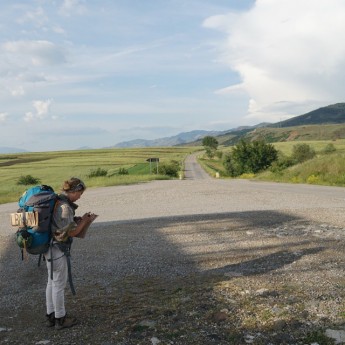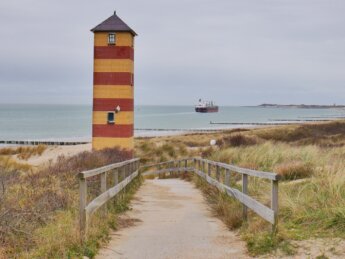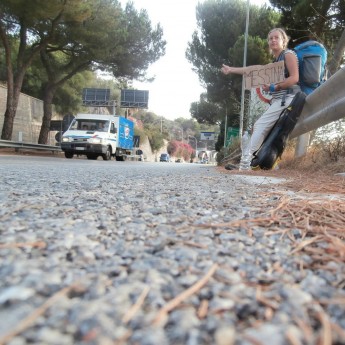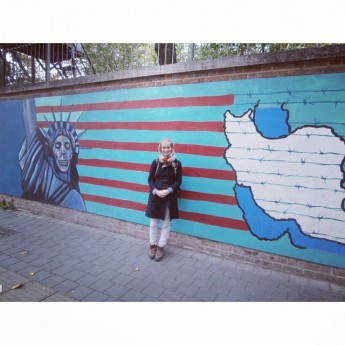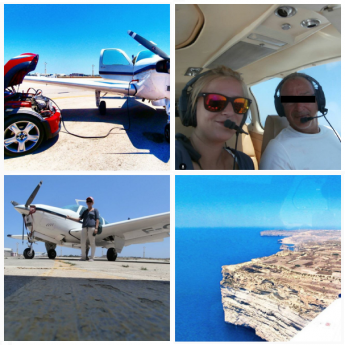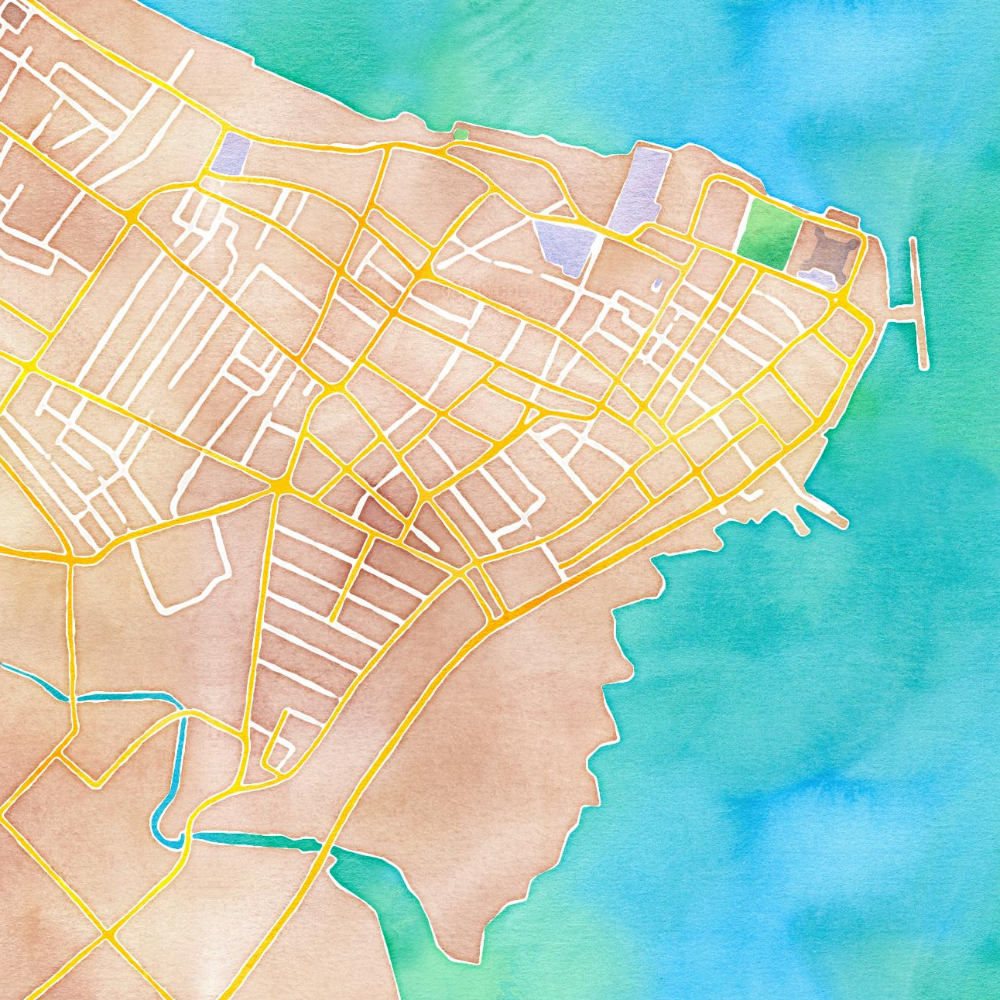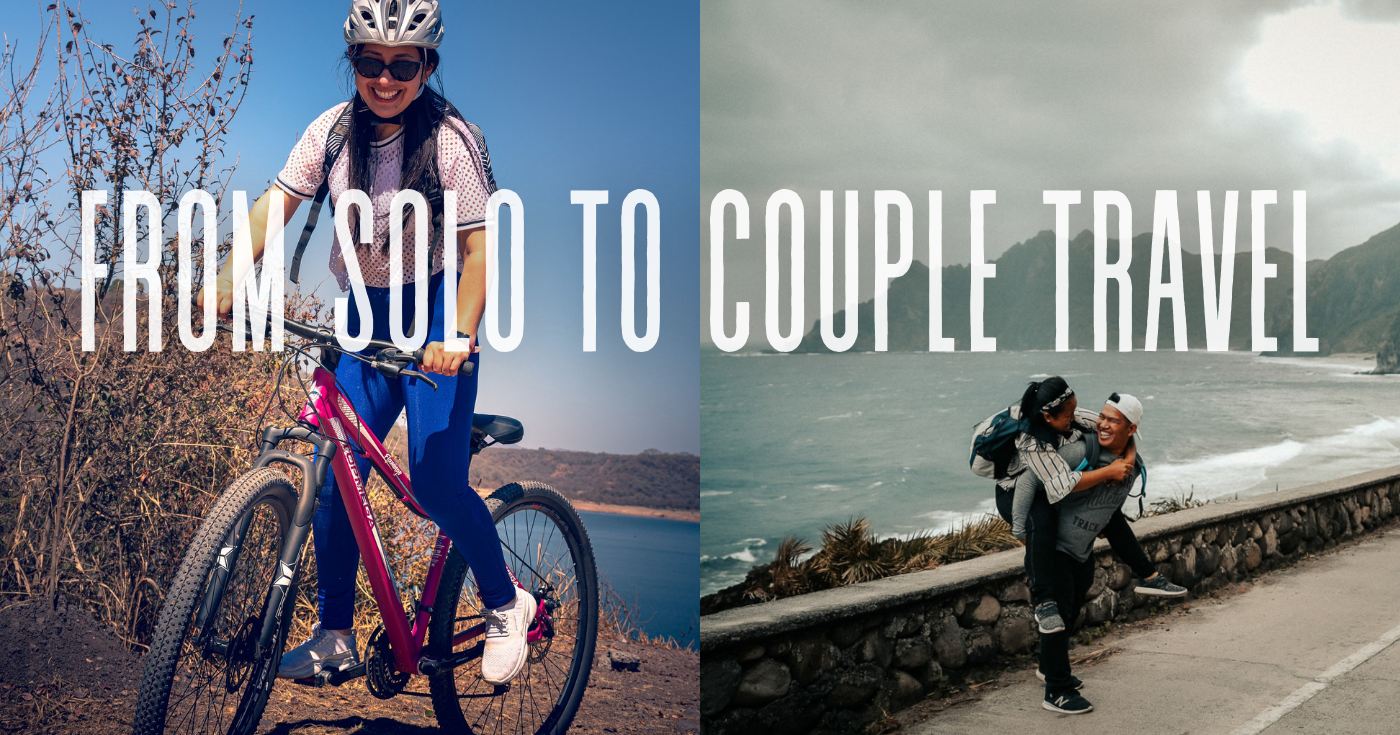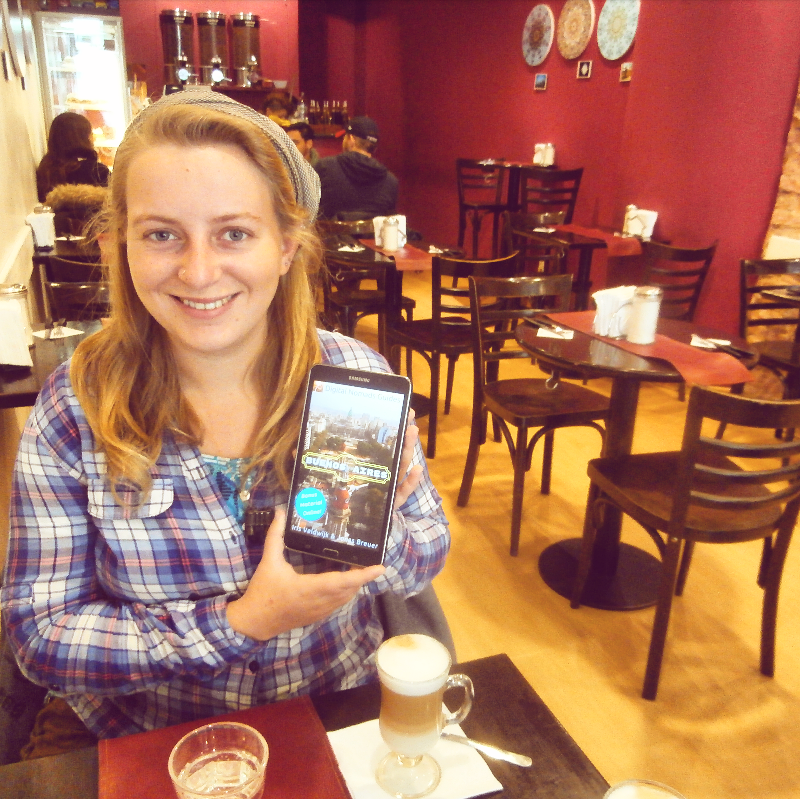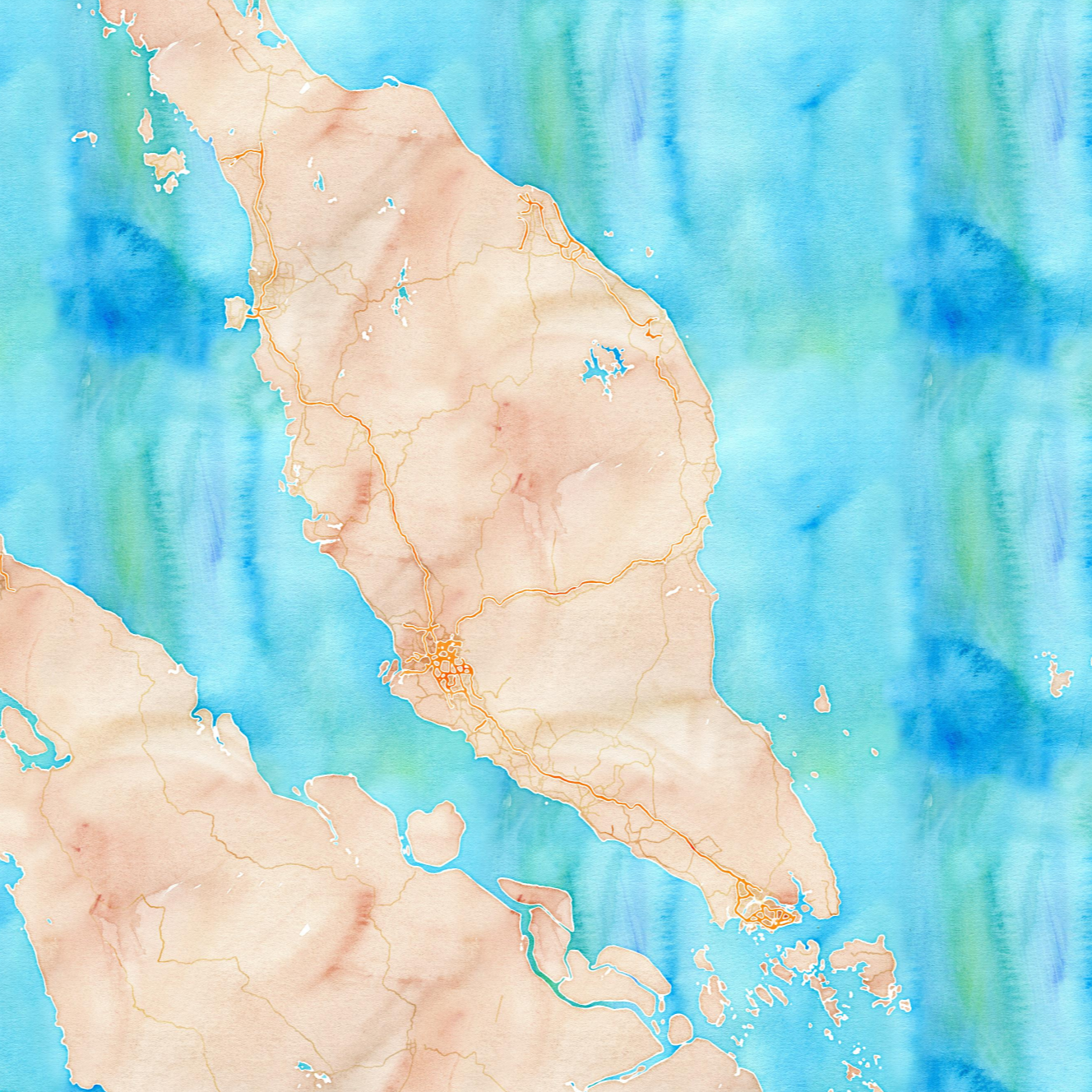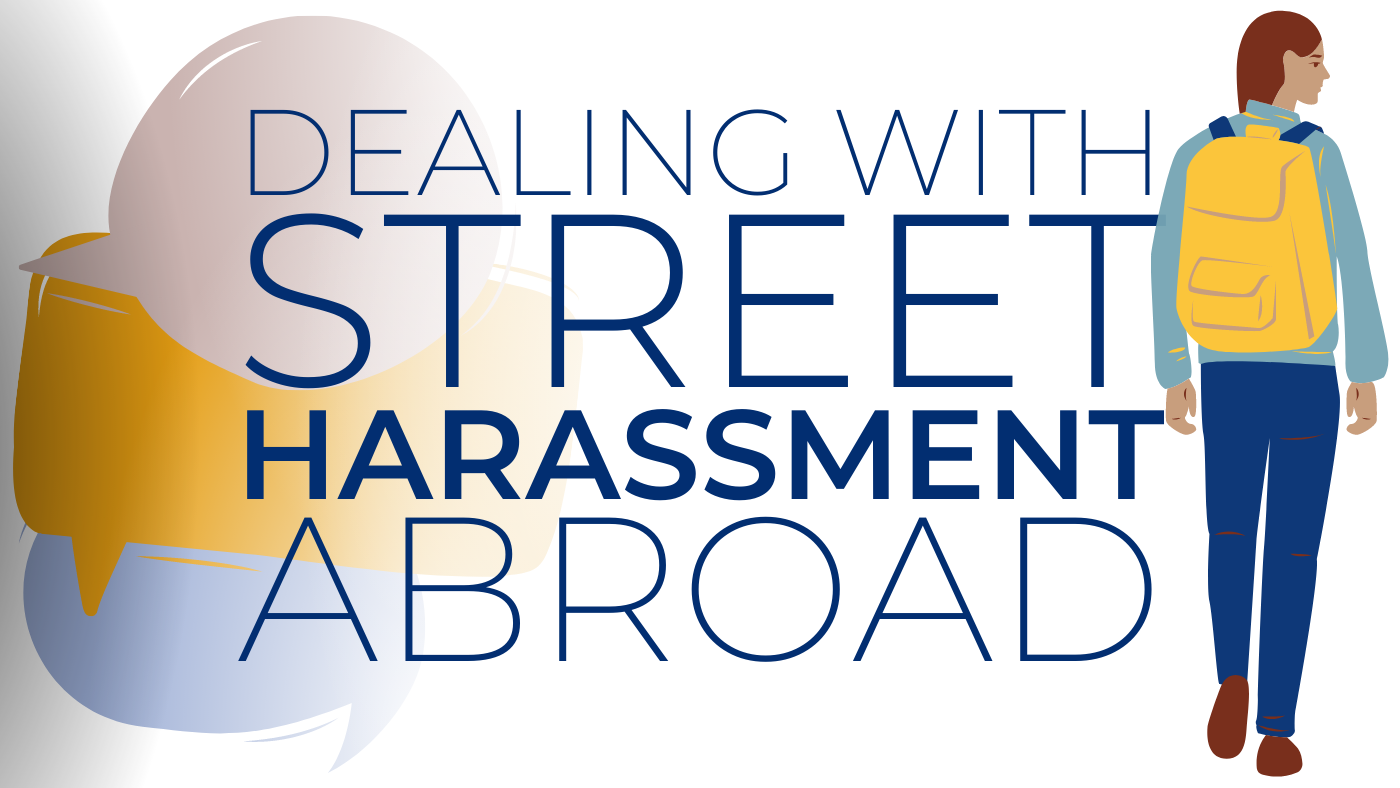
Share this piece if you think it matters! Keep traveling.
We know the drill of catcalling in our hometowns and countries and possibly have set up our own systems of avoiding the everyday comments and ‘compliments’ from strangers on our commute. As women or individuals perceived as women – as a collective – we know and even expect street harassment to happen. Once you travel, whether solo or in a group, things become different. Men scream things at you in a foreign language and instinctively you know that it’s street harassment, but as you don’t understand the exact meaning of the slur, you start doubting yourself as to what it is…
Don’t doubt yourself, that was a catcall. You have the right to be pissed off about that. Sexually-tinged street harassment abroad is a little different, especially as you’ll now feel – presuming you didn’t feel like this before at home – as a minority, or at least someone who can’t speak up. Well hello there, new dimension of oppression!
In some cultures, catcalling and other forms of sexual harassment are so ingrained that women start perceiving it as real ‘compliments’ themselves. This is a form of internalized misogyny. Maybe this is also true from the culture you’re coming from. I invite you to take a long hard look at yourself and your peers as to how you interpret these comments and if they change your feeling of safety. Catcalls are never compliments, it’s somebody (usually a cis-man) exerting power over you as your body is considered (men’s) public property – and being property is being an object – in public spaces. Something like “Smile, sweetie!” in any language might sound harmless, but this is the cunning way these intrusions on your privacy and person work.
What the Guidebooks Advise on Street Harassment…
Friends and travel resources will probably warn you about the local levels of harassment before going abroad. But no matter how well you prepare, you won’t know the real situation until you’re on the ground. Most warnings will give advice to ‘simply’ ignore catcalls, as many people consider this the best way to avoid trouble. I think this is too simplistic, as sometimes ignoring the situation will aggravate things as the harasser demands a response.
There’s a reason why guidebooks such as Lonely Planet always have “Go away!” in the emergency language section and a special section for LGBT and Women Travellers in the back of the book. I haven’t seen a Lonely Planet without the local translation for “Go away!” or “Leave!” and I’ve had to use it myself on occasion – while my male travel peers never even considered learning these words beforehand. This is only one response to a wide array of different harassment situations Lonely Planet blessed us with. So I’d suggest such a powerful company to also put in phrases like “Don’t touch me”, “I’m not interested”, “Shame on you” and “God is watching”. The latter two often make-or-break a dangerous situation in any deeply religious country.
What Should I Wear to avoid Street Harassment Abroad?
While for some countries it’s the law that women need to dress more conservatively (i.e. some Muslim countries), others don’t provide a special dress code and it’s all up to you. Just know that as a woman in public, whatever you choose to do – dressing conservatively or going naked, or anything in between – will get you street harassment; harassment has very little to do with desirability and everything to do with power and control.
Know that in most countries – yes, western nations too – if something goes terribly wrong, the authorities will give very few shits and mostly put the blame on you, as I’ve experienced myself too. I’ve worn the hijab voluntarily in some Muslim countries where it wasn’t the law for foreign women to cover up, just to avoid stares and create utter confusion as to my identity. In some countries – yes, even ‘safety safe’ northwestern Europe (my ‘home’) – I occasionally wear a ring on my left (or is it right?) hand. This way I legitimize my fake story about a fiancé or husband somewhere I’m hitchhiking to.
I’m not ashamed to wear the traditional Islamic head covering for women when in a Muslim country , but I am ashamed for that ring on my finger. I think it’s a cop-out.
The Fake Power of a Ring on Your Finger
A ring has many symbolisms and assumptions. The most obvious ones are: “she’s a virgin” in case of engagement (many instant kudos) and “she’s taken by another man”. Both are problematic. The former keeps the virgin myth alive and the latter makes women the property – again, an object – of men. Certain visa applications will straight-out ask you for your father’s full name, birth date, etcetera if you tick the ‘unmarried’ box. And of course, they only ask this question to single women, not men. The assumption here is that if women are unmarried, they’re still the property of their fathers/brothers.
My own father had to laugh from surprise about this when I told him about my visa application to Iran. It’s normal for Iran, but in my own culture, this idea would be quite silly. In fact, if I’d be dependent on his permission to travel there (or anywhere), I would have probably seen nothing of the world. That’s a very haunting thought. Smell the privilege? Some of my friends have to ask their father permission to obtain a passport! Coming back to the ring: it still doesn’t protect you 100% from nasty comments, propositions for sex and downright marriage-proposals.
So… What Can I Do To Keep Myself Safe?
So what is a 100% harassment-proof tool to use when abroad (or at home)? I have bad news for you: nothing will keep you completely safe. Even traveling with a man will not protect you from sexual harassment, assault, and rape. This is the grim truth of why you don’t have to look for another (male) human to protect you; bad shit will happen anyway, and you can’t predict it. On the ‘bright’ side, this happens in your own country, too, on a daily basis. The fact is, it’s far more dangerous to live your life as a woman than a man.
Yes, being (perceived as) a woman is a risk to your life. So to those who claim that women shouldn’t travel at all – whether alone or accompanied – it’s really a matter of how you want to live your life until you eventually die: inside being scared of the outside, or outside, knowing that you can always go back inside? It’s all up to you. Pick whatever maximizes your own happiness. You are your life’s work.
Just know: you still don’t owe people shit. Not a single smile.
I’m going to become all anecdotal now, but you already made it this far. Oftentimes, I feel like I didn’t respond well enough to the situation. Then I feel I want to go back there to correct the course of time – which is a useless thought. How I’ve handled things in these examples doesn’t mean you have to do the same thing. On the contrary, don’t handle them the same way; I can do these things the way I do them, often from my privilege of being a white European woman. This privilege goes really far and crosses many borders.
In the blog posts following this one, I’ll write down some stories of the plethora of harassment I’ve experienced abroad and how I responded to those situations. I’m a female solo hitchhiker and as Lonely Planet correctly and boringly states “hitching is never entirely safe”, I might be taking a greater risk than women travelers who are not hitchhiking. I’m also taking great risks in the way I respond to harassment; I try to have a zero-tolerance policy towards bullshit. Keep in mind it’s anecdotal, not exemplary.


